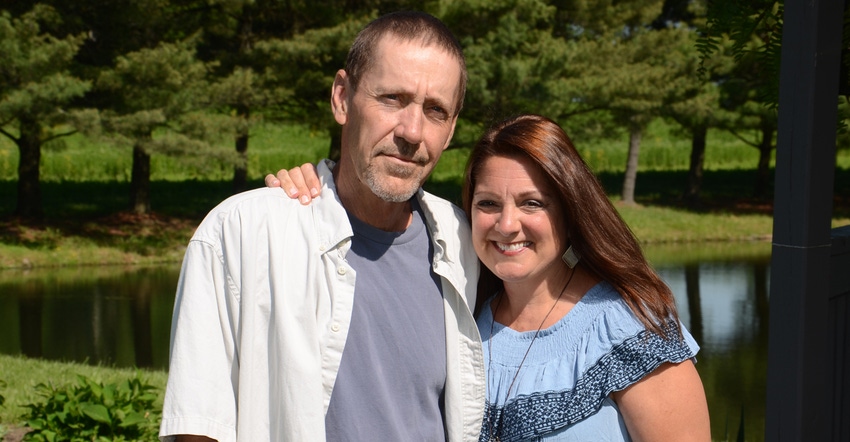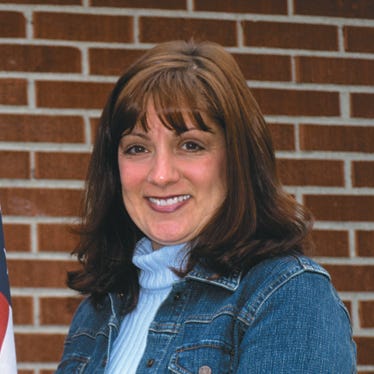June 6, 2020

They say the longer two people are married, the more they begin to look alike. I don’t know if my husband and I are starting to resemble one another, but I do know we speak the same language. It is mostly communication littered with gaps and holes, but somehow we manage to convey actual thoughts and ideas to one another.
It used to be that the loose items rolling around in the junk drawer or the spare parts of miscellaneous “whatevers” stacked in the corner of the garage were called “thingys” or “thing-a-ma-bobs” or “wha-cha-ma-call-its.” No longer. These are now staples of our language and some of the most important words in our vocabulary.
Our most sensitive, private conversations could be held over the loudspeaker in a stadium with 10,000 people filling the seats. No one would have a clue what we were talking about. Sometimes, we don’t even know what we’re talking about.
Married talk
A typical conversation might sound something like this:
Husband: “Did you see what’s his name?”
Wife: “No, where was he?”
Husband: “He was over there by the wha-cha-ma-call-its.”
Wife: “Really! Who are you talking about?”
Husband: “You know, that guy, the one I was talking about the other day who has the — whatever they are, I can’t remember what they’re called.”
Wife: “Oh, him. Well, did you talk to him about it?”
Husband: “No, I’m waiting to hear back from that other guy first.”
Wife: “What other guy?”
Husband: “The one who has the same thing as whatever-his-name-is!”
In the days when our communicating was in its primitive state, we used proper and common nouns. We were able to remember them. Thankfully, they’re no longer necessary, as our words have evolved into using generic phrases that have the flexibility to take on the meaning that is needed in the moment. Sometimes, we’ll land on the same planet, and one of us will respond to a statement with, “I was just thinking the same thing!”
This, of course, happens when the other person never really used a noun to say if they were talking about a person, place or thing, only a “whatever-it-is,” or a “you-know-what-I’m-talking-about.” That’s the beauty of our lapsing minds being in the same condition — we can carry on a conversation.
Memory lapse
I’m a better writer, and my beloved is a better artist. There may come a day when we resort to carrying around a mini dry-erase board with us. But that would only be to communicate with others — those who do not understand our tight-knit language.
I could scribble down what I was trying to get across, or my beloved could sketch it out. Until then, we’ll just do a lot of waving of the hand when we can’t think of something, declaring that it will come to us later. It usually does about four hours later, long after it’s relevant or needed. But it’s still a thrill when something circles back to the brain, and it’s a person, place or thing with an actual name.
McClain writes from Greenwood, Ind.
About the Author(s)
You May Also Like






